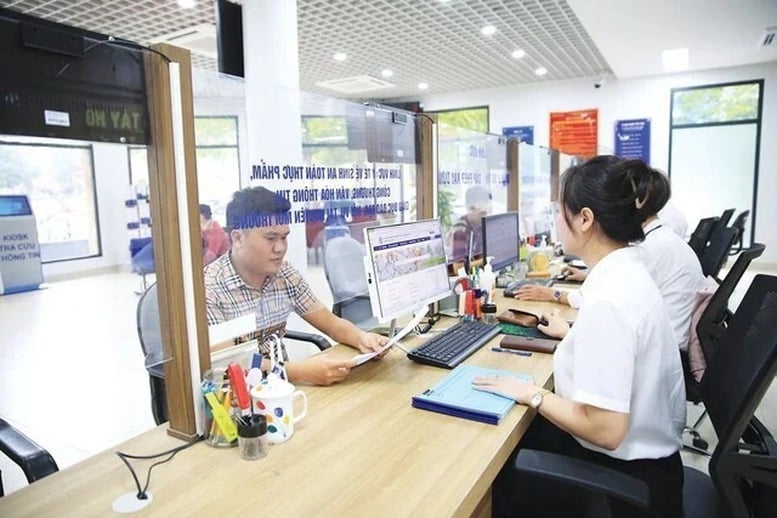
Focus on removing obstacles in household registration management to serve the operation of two-level local government. Illustrative photo
Problems in implementation
In this document, Deputy Minister of Justice Nguyen Thanh Tinh said that the Ministry of Justice received daily reports from the Central Party Office on the situation and results of implementing Plan No. 02-KH/BCĐTW, which reflected the contents related to difficulties and problems in implementing the Electronic Civil Status Registration System.
After reviewing, the Ministry of Justice found that the reason: The new version of the civil status registration and management information system, deployed by the Ministry of Justice from July 1, 2025 under the 2-level local government model, requires the synchronous coordination of many parties including: the Ministry of Justice (deploying the software system, converting data from the old system to the new system); the Government Office (National Public Service Portal); the Ministry of Public Security (Interconnected public service software, National Population Database); the Ministry of Science and Technology (NDXP Data Sharing Integration Platform) and localities (Provincial Administrative Procedure Resolution System), while the implementation time is very urgent, so it is difficult to avoid problems in the initial implementation phase.
Through monitoring and receiving feedback and recommendations from localities through the Ministry of Justice's support hotline and other support channels, it is shown that the problems are concentrated in the following groups: Errors related to the functions of the Software System; only essential civil status operations; data lookup errors; problems in connecting and transferring records and data between the Public Service Software - Provincial Administrative Procedure Resolution System - Electronic Civil Status Registration and Management System are due to the limitations of the newly converted local administrative procedure resolution information system. In many cases, synchronization, data transfer or receiving results are faulty (mainly due to local technical staff not fully understanding the synchronization model instructed by the Ministry of Justice), requiring local coordination to quickly overcome the problems.
The administrative procedure settlement information system of most localities is not fully connected to the Civil Status Registration and Management Software and the Public Service Interconnection Software, civil servants have to enter records twice and transfer paper records; the interactive electronic forms (e-forms) on the system are incorrect, incomplete or have redundant information (not in accordance with the form prescribed in Circular No. 03/2023/TT-BTP dated August 2, 2023 of the Ministry of Justice); information exploitation in the National Population Database is not integrated.
In addition, some commune-level units and People's Committee leaders have not been granted digital signatures or have been granted them but have not updated the digital signature software correctly, so handling is still difficult.
Users (judicial-civil status officials) make mistakes in the Civil Status Registration and Management Software and the Administrative Procedure Information System, leading to delays in the processing of administrative procedures.
Synchronize solutions to overcome obstacles
The Ministry of Justice said that, implementing Conclusion No. 183-KL/TW dated August 1, 2025 of the Politburo and the Secretariat on actively implementing the operation of the 2-level local government model, strongly shifting the grassroots level to proactively grasp and manage socio-economy, national defense and security and Official Dispatch No. 307-CV/DU dated July 19, 2025 of the Government Party Committee, to overcome the above-mentioned difficulties and shortcomings, the Ministry of Justice has been synchronously implementing many solutions.
Accordingly, for errors related to functions and data, the Ministry of Justice has completed the correction (data has been converted, civil status operations have been fully deployed since August 11, 2025); for errors in the software, the Ministry of Justice has directed the technical unit to correct them immediately after receiving feedback/recording the error.
Regarding connection errors, file and data transfer, the Ministry of Justice has arranged a standing team to coordinate with the focal point of the Provincial Administrative Procedure Information System and the Interconnected Public Service Software (C06 - Ministry of Public Security) to fix the problem.
According to statistics, 26 provinces and cities are using i-Gate software provided by VNPT, Hanoi City and Thai Nguyen Province are using Mobifone products, Quang Ninh is being supported by FPT and 5 localities are using software from other technology units. The Ministry of Justice has directed the Department of Administrative Justice to work with VNPT to agree on identifying errors, shortcomings, and solutions, requesting VNPT to complete; continuing to discuss with the remaining service providers to agree on ensuring completion before August 25, 2025.
For user-related errors, the Ministry of Justice has discussed and provided guidance, and so far, they have all been resolved; implementing the organization of guidance and direct support for localities in the process of using the software through many support channels.
At the same time, summarize common problems encountered in the process of using the Electronic Civil Status Registration and Management System, and how to handle them online for local reference; develop video instructions on how to use and perform specific operations for each operation on the Electronic Civil Status Registration and Management System and post them on the Electronic Information Portal and the National Legal Portal for users to proactively study (to be posted and updated from August 15, 2025).
It is known that in August 2025, the Ministry of Justice will organize inspection and direct guidance delegations in a number of localities facing many difficulties and obstacles to support localities in overcoming them. It is expected to be implemented in 12 localities with the participation of leaders of the Ministry and heads of relevant units to urge and support localities to ensure implementation of the requirements in Conclusion No. 183/KL-TW.
Dieu Anh
Source: https://baochinhphu.vn/go-vuong-ve-dang-ky-quan-ly-ho-tich-phuc-vu-van-hanh-chinh-quyen-dia-phuong-2-cap-102250816145622082.htm








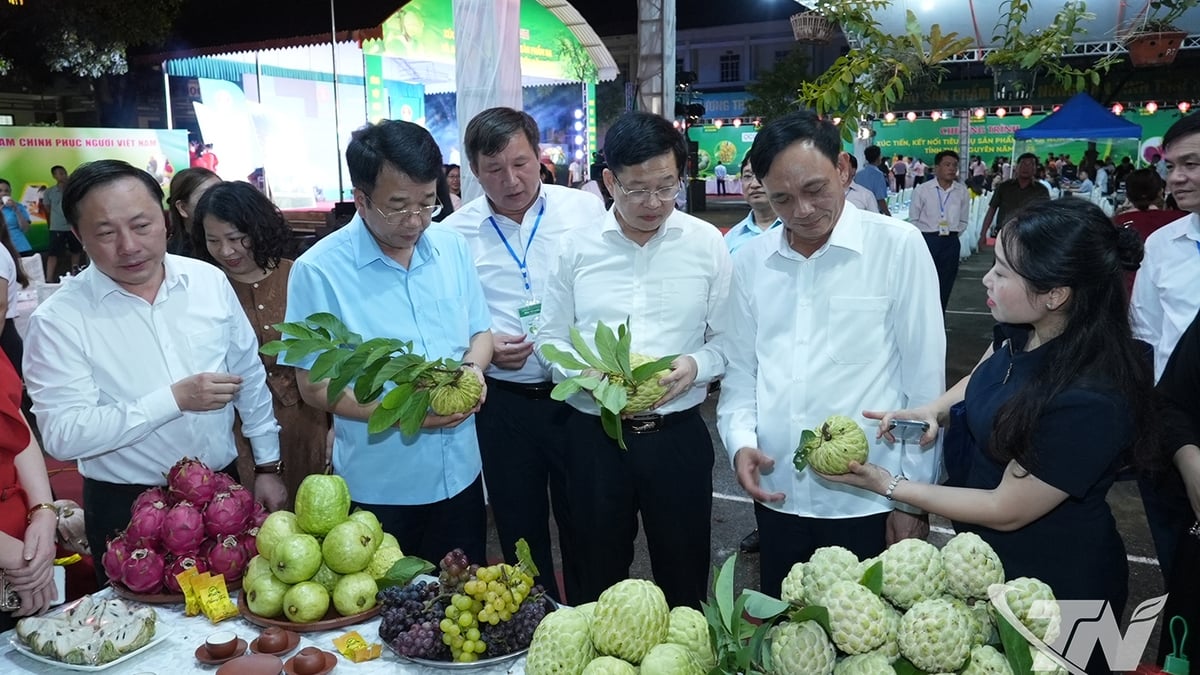













![[Photo] General Secretary attends the inauguration ceremony of the Ministry of Public Security Headquarters](https://vphoto.vietnam.vn/thumb/1200x675/vietnam/resource/IMAGE/2025/8/16/3ceec3a24ef945c18ae2b523563b749d)



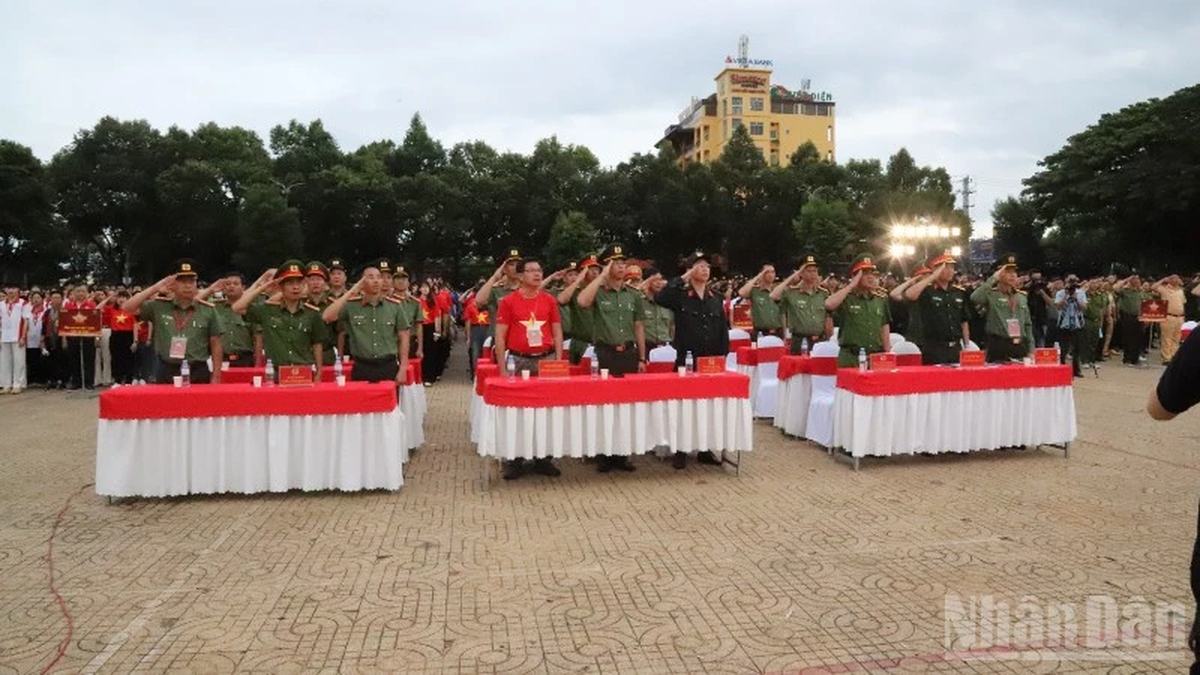
![[Photo] “Moving forward with Vietnam” on the most romantic road in Vietnam](https://vphoto.vietnam.vn/thumb/1200x675/vietnam/resource/IMAGE/2025/8/16/0ee500bc59fd4468863261ee26f47fe7)


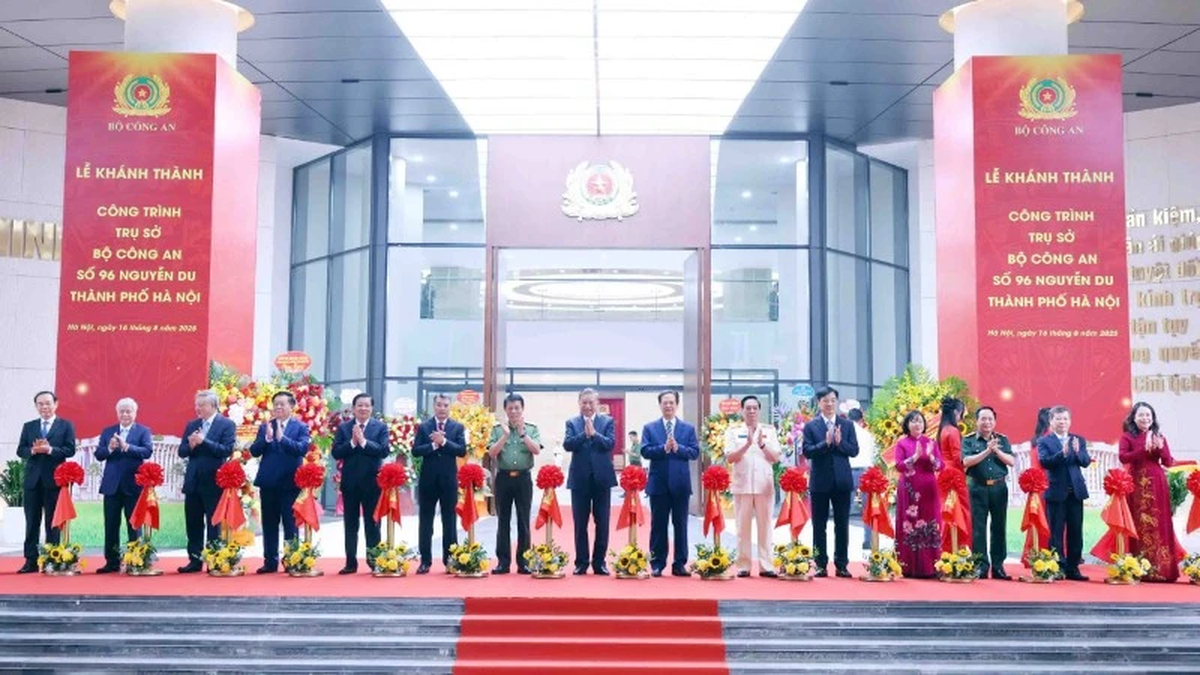
![[Photo] National Assembly Chairman Tran Thanh Man attends the program "Returning to the source - Towards the future"](https://vphoto.vietnam.vn/thumb/1200x675/vietnam/resource/IMAGE/2025/8/16/d081d9c162ee4ed9919e723aa322a53a)






















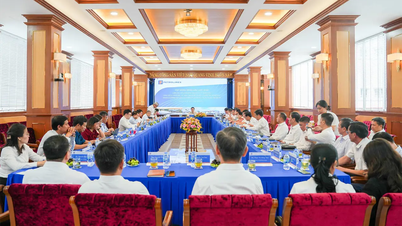









































Comment (0)